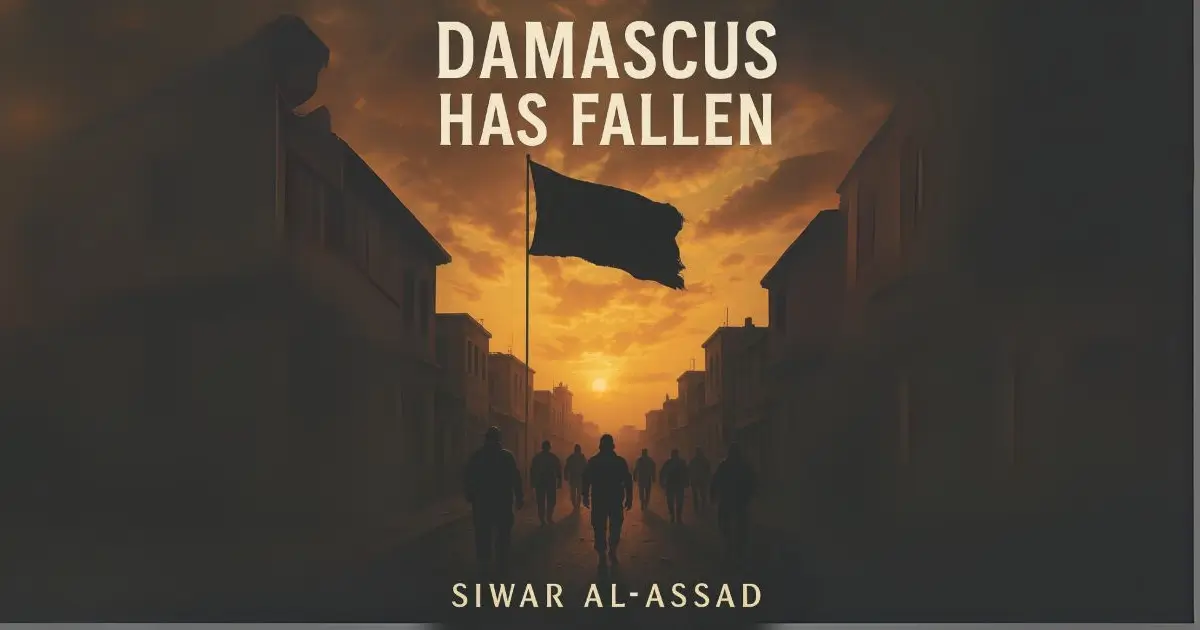Stories That Stay: 8 Books About Refugee Experiences You Should Read

There’s a question I’ve heard over and over again, at readings, through messages online, even whispered across tables after book events: “What do you recommend for someone trying to understand what it really means to be a refugee?”
It’s not easy to answer. The word “refugee” carries with it years of silence, of unspeakable loss, and unexpected strength. And while no book can ever fully contain that kind of life, there are some that come close. Some that offer a mirror, a window, or a lifeline.
These are the books about refugee experiences that left their mark on me, some because they reminded me of people I’ve known, others because they taught me what I didn’t yet understand. If you’re looking to feel something real, to sit with the truth instead of scrolling past it, these stories are a place to start.
1. The Displaced: Refugee Writers on Refugee Lives – Edited by Viet Thanh Nguyen
This powerful anthology gives the microphone to those who lived through displacement. What makes this collection unforgettable is that it doesn’t flatten the experience. It complicates it. It shows you refugees not as headlines but as poets, parents, and survivors. Each essay reminds us that books about refugee experiences aren’t just about war. They’re about rebuilding.
2. Exit West by Mohsin Hamid
If you’ve read my novel A Coeur Perdu, you’ll know I’m drawn to stories where love is tangled up in war and migration. Exit West captures that exact intersection. Through a magical realism lens, Hamid tells the story of lovers fleeing a city on the brink of collapse. It’s surreal, yes, but also painfully real, the feeling of becoming invisible, of being everywhere and nowhere at once.
3. What Is the What by Dave Eggers
This is a fictionalized memoir of Valentino Achak Deng, one of the Lost Boys of Sudan. His story is heartbreaking, yes, but also deeply human. I read this during a period where I was reflecting on what it means to tell someone else’s story with care. Eggers does it with empathy and restraint, showing that books about refugee experiences must never speak over the voices they aim to amplify.
4. The Beekeeper of Aleppo by Christy Lefteri
This one cuts close to the bone. Set in my own homeland, it follows Nuri and Afra as they escape war-torn Syria and journey across Europe. Lefteri’s prose is delicate, almost fragile, like the lives she’s writing about. This book opened doors for readers who only knew Syria through headlines. It gave the refugee experience back its humanity.
5. The Boat People by Sharon Bala
This novel explores what happens after refugees arrive, after the boats, after the headlines. It’s about the murky waters of immigration systems and the quiet, gnawing fear of deportation. Through different points of view, Bala shows the emotional layers of being forced to justify your right to exist.
6. The Ungrateful Refugee by Dina Nayeri
This is perhaps one of the most thought-provoking books about refugee experiences I’ve read. Nayeri explores not only her own journey from Iran to the U.S., but also the damaging narratives society imposes on refugees: that they must be grateful, silent, or exceptional to be welcomed. Her honesty challenged me, and it might challenge you, too.
7. Brooklyn Heights by Miral al-Tahawy
Al-Tahawy brings a quieter kind of refugee story to life, one set not on the battlefield but in the in-between spaces of immigrant neighborhoods. It’s about the daily dislocations of language, memory, and identity. The kind of novel where the war is inside the characters more than outside them.
8. Children of the Jacaranda Tree by Sahar Delijani
While not always categorized strictly under refugee literature, this book illuminates the aftershocks of political violence and exile. It shows how the trauma of one generation seeps into the next, a truth many refugees know too well. It’s a poetic and deeply personal reminder that displacement doesn’t end at the border.
Why These Books Matter More Than Ever
Each of these books is a testament. A light in the dark. A reminder that behind every statistic is a story, and behind every story is a beating heart.
As someone who writes fiction grounded in reality, I carry many of these stories with me when I write. Some echo through Le Temps d’une Saison, where the past haunts the present. Others inform the soul of Damascus Has Fallen, where every choice in a war zone carries moral weight.
These books about refugee experiences don’t just build empathy, they build bridges. And maybe, just maybe, they can help make us all a little less lost.
